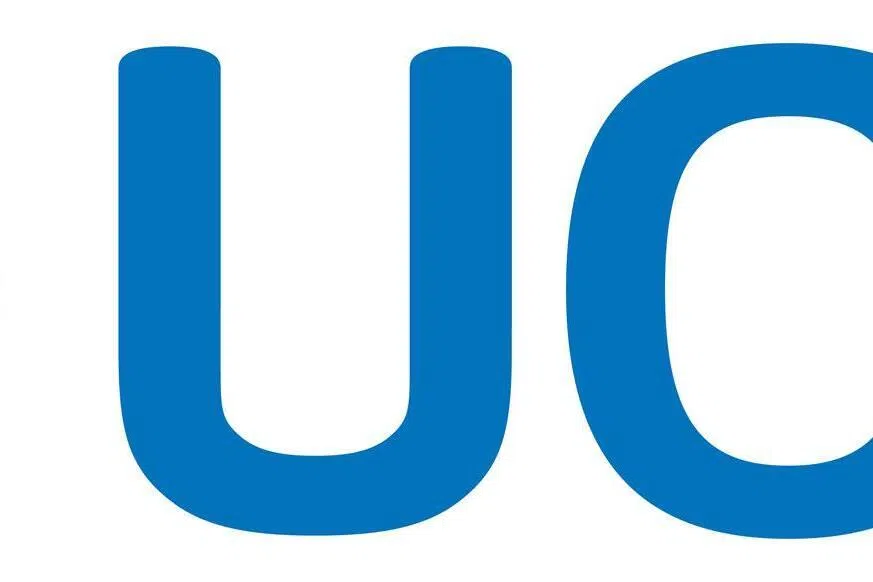Sustainability no longer a cost centre but core strategy, say panellists at UOB-BT dialogue
Successful leaders do not outsource ESG to a single department, panellist observes

[SINGAPORE] Sustainability is no longer a compliance checkbox or a cost burden, but a strategic lever for business growth and resilience.
This was the consensus among leaders from finance, infrastructure, as well as small and medium-sized enterprise sectors at the Sustainability Impact Dialogue jointly organised by The Business Times and UOB on Tuesday (Oct 7).
Companies making sustainability a core part of their strategy – embedding it in boardrooms, having CEOs who champion it, and tying it to business outcomes – are the ones turning it into real competitive advantage, said Adrian Ow, head of environmental, social and governance (ESG) solutions at UOB.
“They don’t outsource it. They don’t sideline it as a side project,” he said. “The key thing is this: Sustainability cannot live in the margins of a sustainability report. It has got to be the plan.”
Ow flagged the most common misstep companies make: delegating ESG to a standalone department instead of aligning it with top-level strategic goals.
The panel, moderated by BT’s memberships editor Dylan Tan, spotlighted two recipients of this year’s Sustainability Impact Awards – SBS Transit and Speco Singapore – as examples of how integrating ESG can drive value, scale and differentiation.
Navigate Asia in
a new global order
Get the insights delivered to your inbox.
From cost to competitive edge
For SBS Transit, a sustainability mindset has helped the company punch above its weight globally, said group CEO Jeffrey Sim.
Citing the overseas tenders won by parent company ComfortDelGro amid a huge emphasis on sustainability by government agencies, Sim noted: “Our track record in Singapore, which ComfortDelGro uses as a reference, has indeed put us in a leading position.”
ComfortDelGro, which now operates in 13 countries, is also a constituent of the Dow Jones Best-in-Class Asia Pacific Index.
Speco Singapore, a biotech company that began as a cleaning services startup, has built its business around sustainable innovation since the beginning. Founder and CEO Benjamin Chua said the decision to prioritise safer products for workers, after witnessing the harmful effects of chemical cleaners on their health, was rooted in doing “the right thing”.
“That was just simply the right thing for us to do at that point,” he said. “Moving forward eight years down the line, we are now in eight countries serving more than 100 million people.” Today, sustainability is not only a principle but also a selling point, attracting clients aligned with its values.
UOB’s Ow emphasised that ESG leadership is increasingly recognised as value creation, not risk mitigation.
“Sustainable financing is no longer just about compliance. It’s a competitive advantage,” he said, noting that as at June 2025, UOB has provided “S$66 billion of sustainable financing to support physical and digital infrastructure rejuvenation”.
In South-east Asia, where fossil fuels still account for 75 per cent of the energy mix, such financing plays a critical role in transitioning hard-to-abate sectors, he added.
Sustainability integration unlocks innovation
For all three companies, embedding ESG into operations has created synergies with measurable returns.
SBS Transit developed an internal tool with industry partners to align train deployment more efficiently with ridership. “It doesn’t just help us operationally; it also reduces energy consumption and helps Singapore achieve its Green Plan 2030,” said Sim.
Speco Singapore’s Chua shared how early research and development into formaldehyde – a hazardous gas released from building materials – gave Speco a head start before market opportunities emerged. “While the government has only been looking into formaldehyde more actively over the past year, we’ve been working on it for three years.”
This focus on forward-looking innovation has enabled Speco to expand its product offerings and capture new markets.
For Singapore-based businesses, which are deeply tied to global trade as the trade sector stands three times the value of the nation’s GDP, ESG integration is not optional, said UOB’s Ow.
From a global perspective, evolving ESG regulations could become “a bridge and a golden ticket to more opportunities” for businesses with a sustainability edge.
Brought to you by:

Decoding Asia newsletter: your guide to navigating Asia in a new global order. Sign up here to get Decoding Asia newsletter. Delivered to your inbox. Free.
Copyright SPH Media. All rights reserved.


